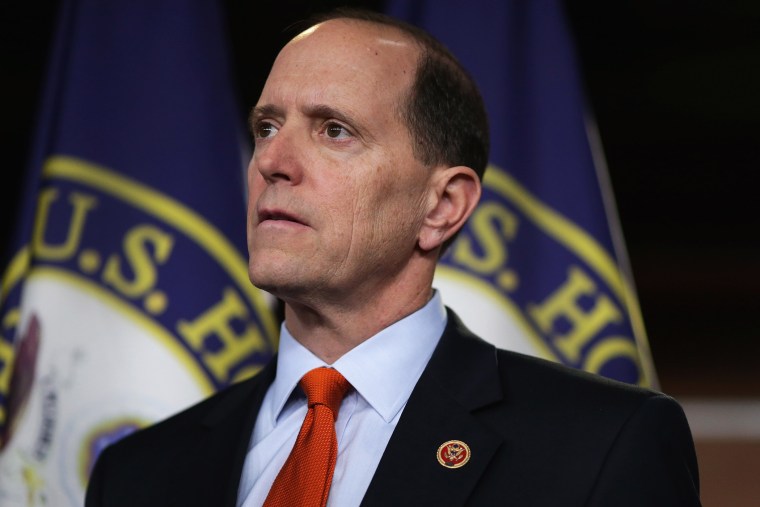Republicans say they care about the deficit—so much that a balanced budget has become the central pillar of the party platform.
But when it comes to tax breaks that benefit some of the country’s biggest corporations, they are willing to make an exception. And the GOP’s main fight with Democrats over the issue isn’t whether to extend these corporate giveaways or not, but how long they should continue.
This week, House Republicans on the Ways and Means Committee moved forward with a $310 billion package that would make six expired tax breaks permanent.
The legislation would overwhelmingly help major corporations and multinational companies, including a $156 billion expanded R&D tax credit, a $59 billion break for multinationals conducting financial activities overseas, and $20 billion credit that allows corporations to defer taxes on foreign subsidiaries, among other tax breaks, according to the Joint Tax Committee. Another $73 billion provision would also help small businesses owners deduct certain expenses. The House bill notably leaves out the special-interest tax breaks—for racehorse owners, Puerto Rican rum producers, and Hollywood studios—that have drawn ire from conservative activists.
“Short-term tax policy is bad for business and bad for economic growth and jobs," Ways and Means Chair Dave Camp, Republican of Michigan, said in a statement. "The United States is the only country in the world that allows such important pieces of its tax code to expire on a regular basis. Worse yet, this type of tax policy disadvantages U.S. companies, hurting their ability to remain globally competitive."
Only one Democrat on the Ways and Means Committee, Oregon Rep. Earl Blumenauer, voted to move the legislative package out of committee, despite Democratic support and co-sponsors for the individual provisions.
House Democrats say it’s unfair to cherry-pick and prioritize corporate giveaways, and to make the tax breaks permanent without paying for them. “The manner in which Republicans are proceeding – selecting six of the approximately 60 tax provisions that expired last year to make permanent, without any offsets – is both fiscally irresponsible and fundamentally hypocritical,” Rep. Sandy Levin, the ranking Democrat on the committee, said in a statement.
Democrats also point out that Camp has pushed a comprehensive tax overhaul that would be revenue-neutral, which would force lawmakers to balance tax giveaways with tax increases. Doing just one piece of reform beforehand—without paying for it—could make it easier for big corporations to avoid these kinds of tough trade-offs.
Republicans counter that Democrats have frequently voted for temporary extensions of the provisions without offsets. “Democrats have offered no payfors,” says Ways and Means GOP spokeswoman Sarah Swinehart. When asked why the GOP wasn't insisting on offsets, as they had with unemployment insurance, Swinehart says, "the main difference is spending versus a tax cut."
“R&D has been proven to support jobs and employers and their employees,” she added.
House Republicans are expected to hold a vote on the R&D provision next week. The move will put pressure on House Democrats, given how broadly popular the R&D provision has been since its introduction in the early 1980s. What's more, Senate Democrats also are proposing to extend the same tax credits without paying for them—albeit only temporarily. A few weeks earlier, the Senate Finance Committee passed a $85 billion bill that would extend almost all 60 temporary tax breaks that expired for the next two years.
Senate Finance Chair Ron Wyden admits that the move isn’t ideal, but argues that it’s necessary stopgap measure—the last one, he promises, before Congress passes a comprehensive overhaul that would stop the madness of continuously renewing measures that were meant to be temporary.
So, as usual, Congress seems bound to find a way to extend a host of tax breaks that overwhelmingly favor big business—if not during this legislative session, then certainly during the lame duck. Democrats lament the fact that Republicans have demanded offsets for unemployment insurance, but not corporate tax breaks. But that won’t stop most of their party from going along with the latter anyway.
